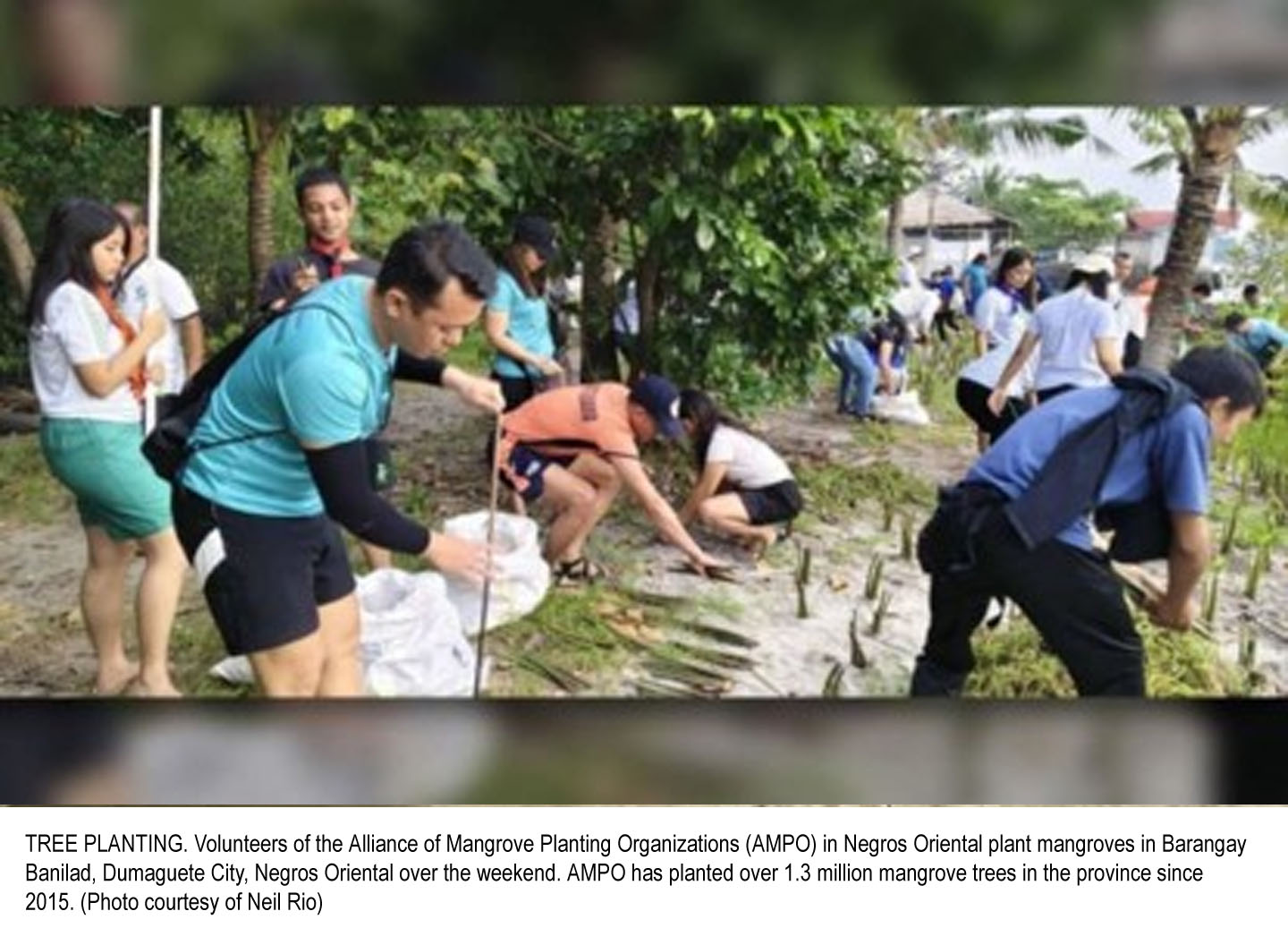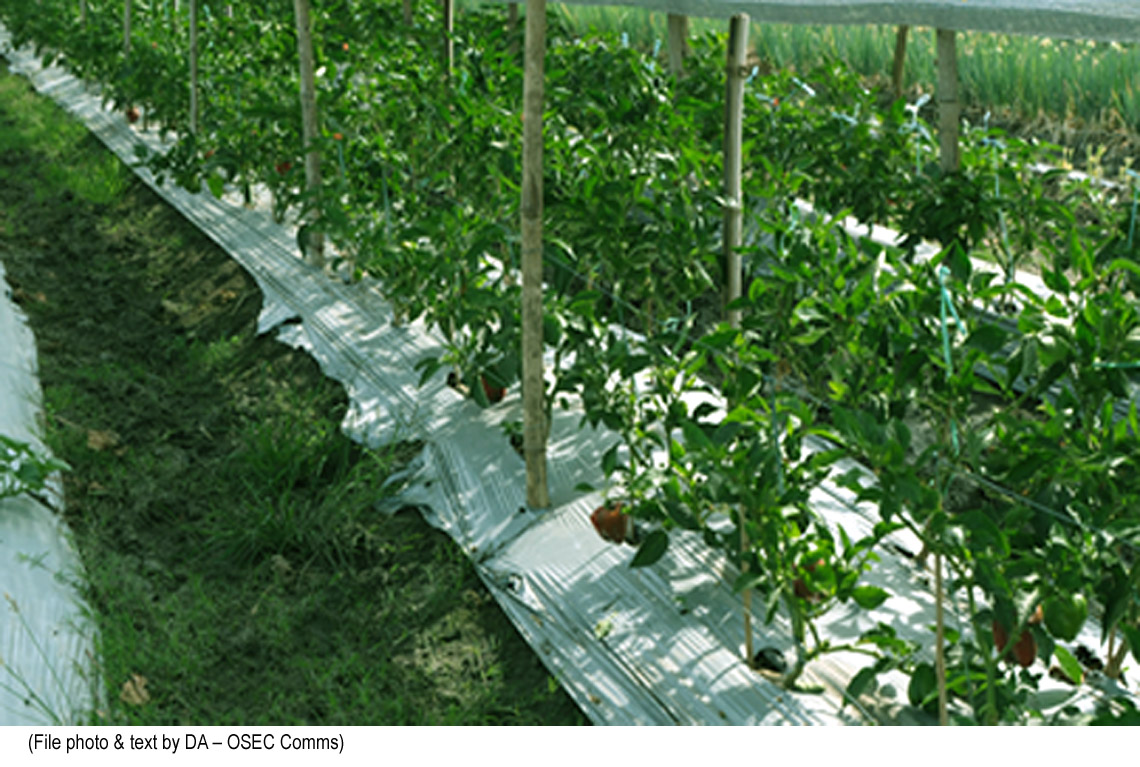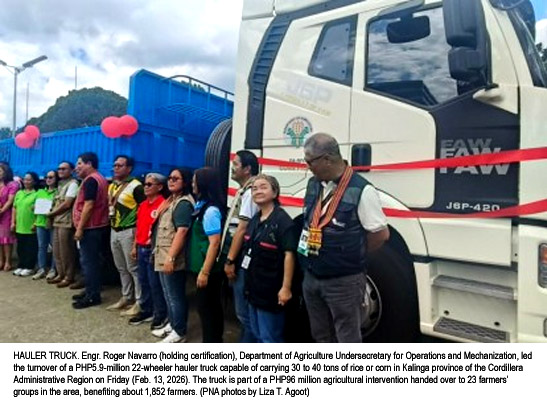Alliance plants over 1.3 million mangroves in Negros Oriental to fight climate change
Lifestyle | Environment Posted on 2025-10-06 15:47:07

DUMAGUETE CITY – A multisectoral alliance has successfully planted more than 1.3 million mangroves across Negros Oriental over the past decade, bolstering the province’s coastal protection and environmental resilience.
The Allied Mangrove Planting Organizations (AMPO), a coalition of government agencies, non-government organizations, and private citizens, has led the large-scale mangrove reforestation initiative to combat climate change and restore degraded coastal ecosystems.
According to Sidney Lee, lead collaborator of AMPO, the effort began in 2015 through the Negros Oriental Association of ROTC Corps Commanders (NORACC), which first initiated mangrove planting in Tanjay City after noticing the rapid decline of its coastal forests.
“Other organizations noticed the effort and later joined the independently funded and organized activities of NORACC, turning it into the consortium that AMPO is today,” Lee said in an interview Monday.
In the same year, AMPO partnered with the “10 Million in 10 Years for a Greener Negros” (10M in 10) project, initiated by the Energy Development Corporation (EDC) and the Department of Environment and Natural Resources (DENR), committing to plant 10,000 mangroves within the decade. The target was achieved by 2017, but the alliance expanded its goal to one million mangroves, and as of June 2025, surpassed 1.3 million trees planted.
The initiative is conducted in partnership with local government units and private organizations. AMPO now aims to reach its next milestone of two million mangroves.
The original planting sites in San Isidro and Luka villages in Tanjay City are now thriving with mature mangroves. Recent activities have extended to La Libertad, Manjuyod, and Barangay Banilad in Dumaguete City, where the Negros Oriental Chamber of Commerce and Industry led the latest planting event.
DENR assessments show an impressive 92 percent survival rate for AMPO’s planted mangroves.
“For every 10,000 trees we plant, we add 1,000 more to account for mortality,” Lee noted.
Mangroves play a critical role in protecting coastlines from erosion and storm surges, while also serving as carbon sinks that absorb large amounts of greenhouse gases.
Lee emphasized that beyond their environmental impact, the group’s mission is rooted in collective action for sustainability.
“Even if we’re not officially part of the country’s decarbonization efforts, our mangrove planting is our way of contributing to carbon sequestration and climate action,” he said.
While some institutions have invited AMPO to formalize its structure for carbon credit registration, Lee said this is not the group’s current focus.
“It’s enough that we are doing our share to reduce carbon emissions and protect our coasts. We’re happy with what we’ve achieved so far,” he added.
NPO News Team | PNA-PR









